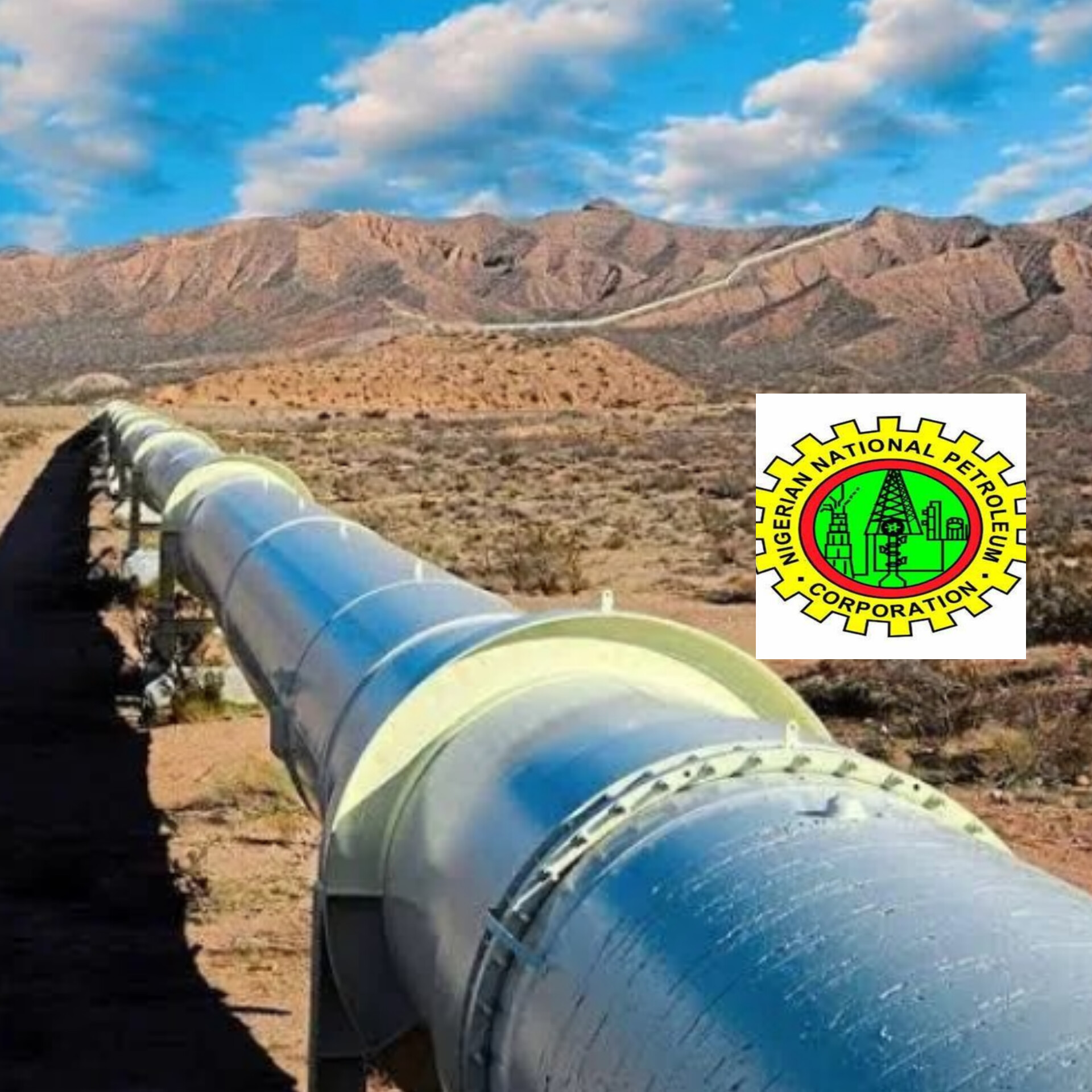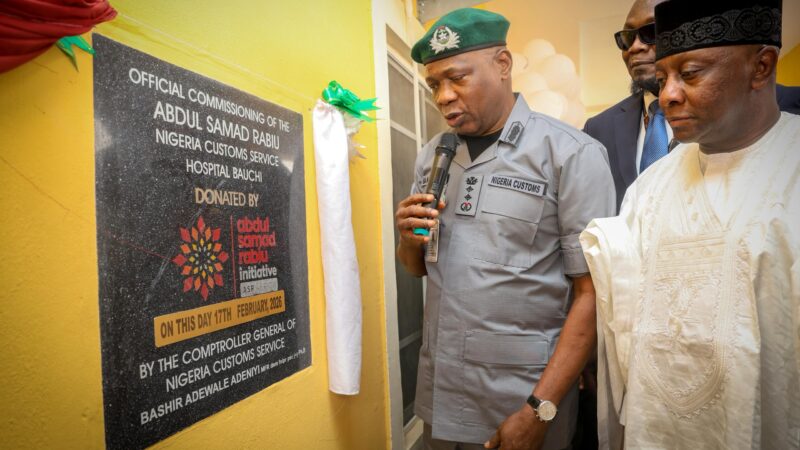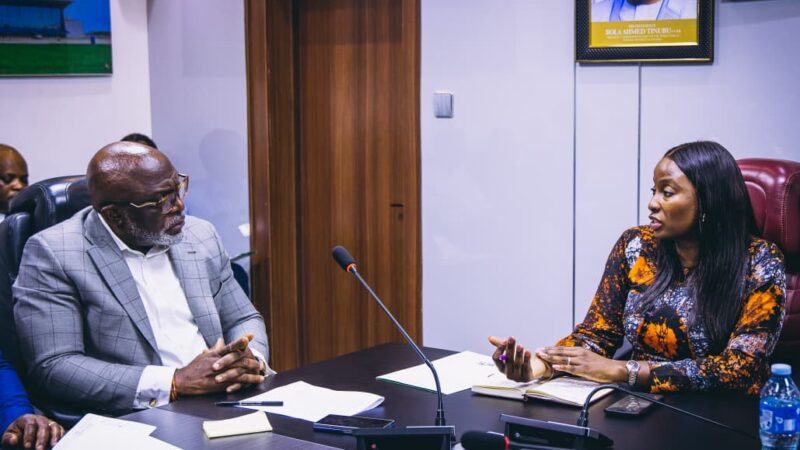Nigeria accelerates talks with Morocco on $30bn gas pipeline project

The Federal Government of Nigeria has intensified discussions with the Kingdom of Morocco to expedite the Final Investment Decision on the ambitious $30 billion Nigeria-Morocco Gas Pipeline.
In a statement released in Abuja on Thursday, the Nigerian National Petroleum Company Limited said talks transpired during a meeting between the Minister of State for Petroleum Resources (Gas), Ekperikpe Ekpo, and Morocco’s Minister of Energy Transition and Sustainable Development, Ms. Leila Benali.
It revealed that the discussion was facilitated by the Executive Vice President, Gas, Power and New Energy, NNPCL, Olalekan Ogunleye, and the Director-General of the Morocco National Office of Hydrocarbons and Mines, Amina Benkhadra.
Recalling the initial agreements signed on June 17, 2023, where Nigeria, Morocco, and other West African nations committed to the construction of the pipeline, the NNPCL emphasised the ongoing commitment to the strategic project.
The recent discussions focused on expediting the Final Investment Decision, underscoring the strategic importance of the project to both Nigeria and Morocco, as well as the broader African continent.
The Cooperation Agreement, signed in 2017, outlines a 48” x 5,300km pipeline from Nigeria to Dhakia, Morocco, and an additional 1,700km from Dhakia to Northern Morocco, boasting a capacity of 30 billion cubic meters per year.
The pipeline is set to traverse multiple West African nations before reaching its final destination in Morocco, with a potential spur extending to Spain.
Given the project’s international scope, the ECOWAS Commission plays a crucial role, tasked with facilitating inter-governmental treaties, hosting government agreements, and establishing a Pipeline Higher Authority.
This collaborative effort aligns with the broader objectives of the African Union, United Nations, and other relevant international bodies.
The Nigeria-Morocco Gas Pipeline Project is anticipated not only to monetise Nigeria’s abundant gas resources but also to foster economic and regional cooperation among African nations, ultimately addressing energy poverty on the continent.







